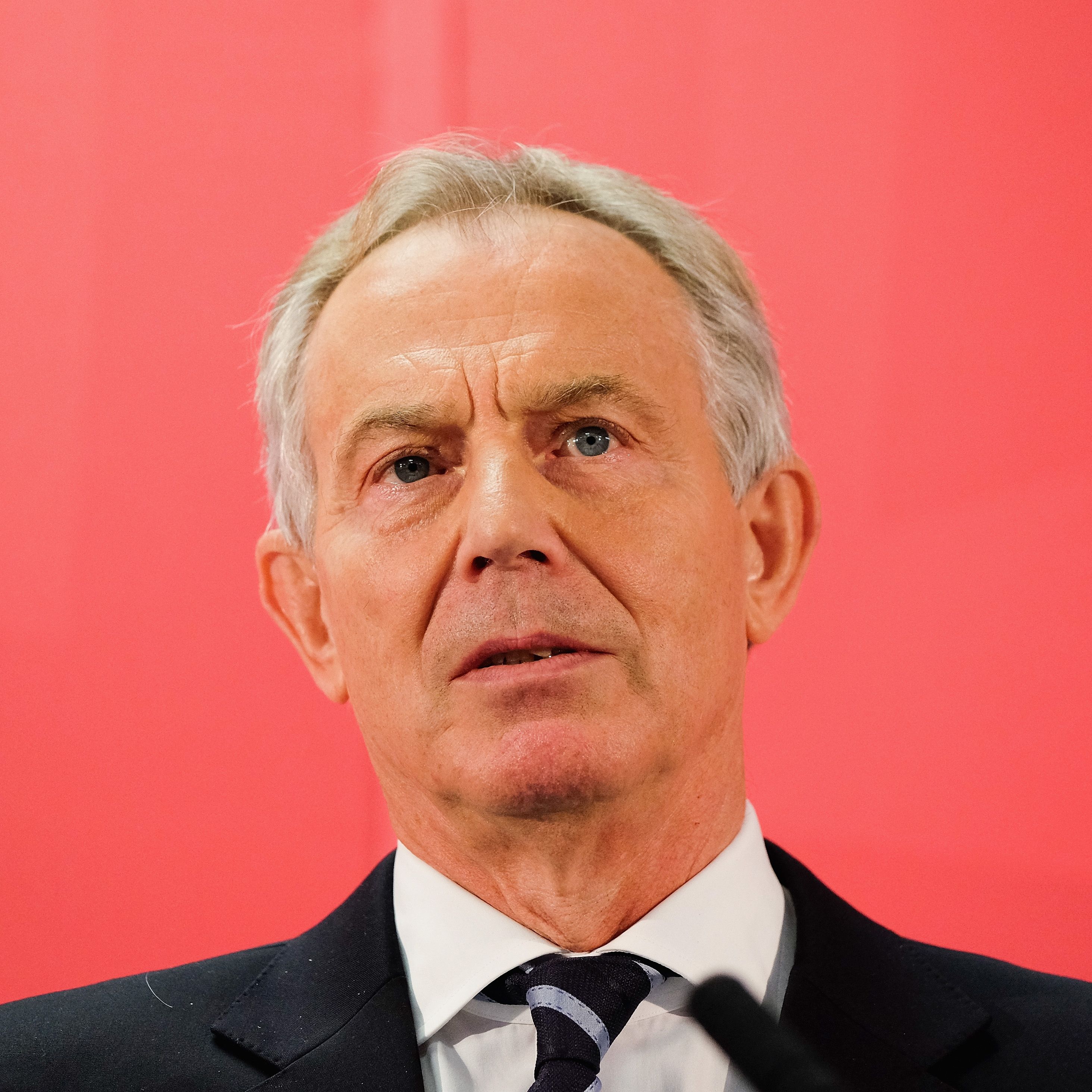Tony Blair: The Transformative British Prime Minister Who Shaped Modern Politics
Tony Blair: The Transformative British Prime Minister Who Shaped Modern Politics
Sir Anthony Charles Lynton Blair stands as one of the most influential British politicians of the modern era, serving as Prime Minister from 1997 to 2007. His decade-long leadership transformed both the Labour Party and the United Kingdom, leaving a complex legacy that continues to shape political discourse today.

Early Life and Rise to Power
Born on May 6, 1953, in Edinburgh, Scotland, Tony Blair's journey to political prominence began at an early age. After attending the prestigious Fettes College and studying law at St. John's College, Oxford, Blair qualified as a barrister before entering politics. His early political career was marked by rapid advancement within the Labour Party ranks, eventually becoming Leader of the Opposition in 1994 following John Smith's unexpected death.
Blair's transformation of the Labour Party into "New Labour" represented a seismic shift in British politics. By abandoning traditional socialist policies and embracing centrist positions, he repositioned the party to appeal to middle-class voters who had been alienated by previous Labour governments.
The Historic 1997 Victory
The 1997 general election marked a watershed moment in British political history. Blair led Labour to its largest-ever parliamentary majority with 418 seats, ending 18 years of Conservative rule. At 43, he became the youngest Prime Minister in nearly 200 years, promising that "things can only get better."

Domestic Policy Achievements
Blair's domestic agenda was characterized by constitutional reform and modernization. Key achievements included:
- Devolution: Successful referenda created devolved assemblies in Scotland and Wales
- Good Friday Agreement: Brokered the landmark 1998 peace agreement in Northern Ireland
- House of Lords Reform: Eliminated most hereditary peers
- Economic Policies: Granted Bank of England independence to set interest rates
- Social Reforms: Introduced minimum wage and civil partnerships
The Third Way Philosophy
Blair's political philosophy, known as the "Third Way," attempted to chart a course between traditional socialism and free-market capitalism. This approach emphasized social democracy while embracing market economics, seeking to modernize left-wing politics for the global economy.

Foreign Policy and International Relations
Blair's foreign policy was marked by military interventions and close alliance with the United States. His doctrine of "liberal interventionism" led to British involvement in Kosovo (1999), Sierra Leone (2000), Afghanistan (2001), and most controversially, Iraq (2003). The Iraq War, based on claims about weapons of mass destruction that were never found, became the defining controversy of his premiership.
Electoral Success and Declining Popularity
Despite controversies, Blair achieved unprecedented electoral success, leading Labour to victory in three consecutive general elections (1997, 2001, 2005). However, his popularity declined significantly during his third term, particularly following the Iraq War and various domestic scandals. Growing pressure from within his own party, combined with his promise to Gordon Brown, led to his resignation in 2007.

Post-Political Career
After leaving office, Blair served as Special Envoy for the Quartet on the Middle East (2007-2015) and founded the Tony Blair Institute for Global Change in 2016. He continues to be active in international affairs and occasionally intervenes in British politics, particularly regarding European Union relations and Labour Party strategy.
Legacy and Historical Assessment
Tony Blair's legacy remains deeply complex and contested. Supporters credit him with modernizing Britain, delivering peace to Northern Ireland, and maintaining economic prosperity. Critics point to the Iraq War, increased inequality, and the erosion of civil liberties. Historical rankings typically place him as an above-average Prime Minister, though public opinion remains divided.

Frequently Asked Questions
Why did Tony Blair resign as Prime Minister?
Blair resigned due to declining popularity, particularly over the Iraq War, internal Labour Party pressure, and his prior agreement with Gordon Brown regarding succession.
What was Tony Blair's greatest achievement?
Many consider the Good Friday Agreement in Northern Ireland his greatest achievement, bringing lasting peace to the region after decades of conflict.
How long did Tony Blair serve as Prime Minister?
Blair served as Prime Minister for 10 years and 56 days (1997-2007), making him the longest-serving Labour Prime Minister in history.
Share this comprehensive guide to Tony Blair's political career and legacy with others interested in British political history!